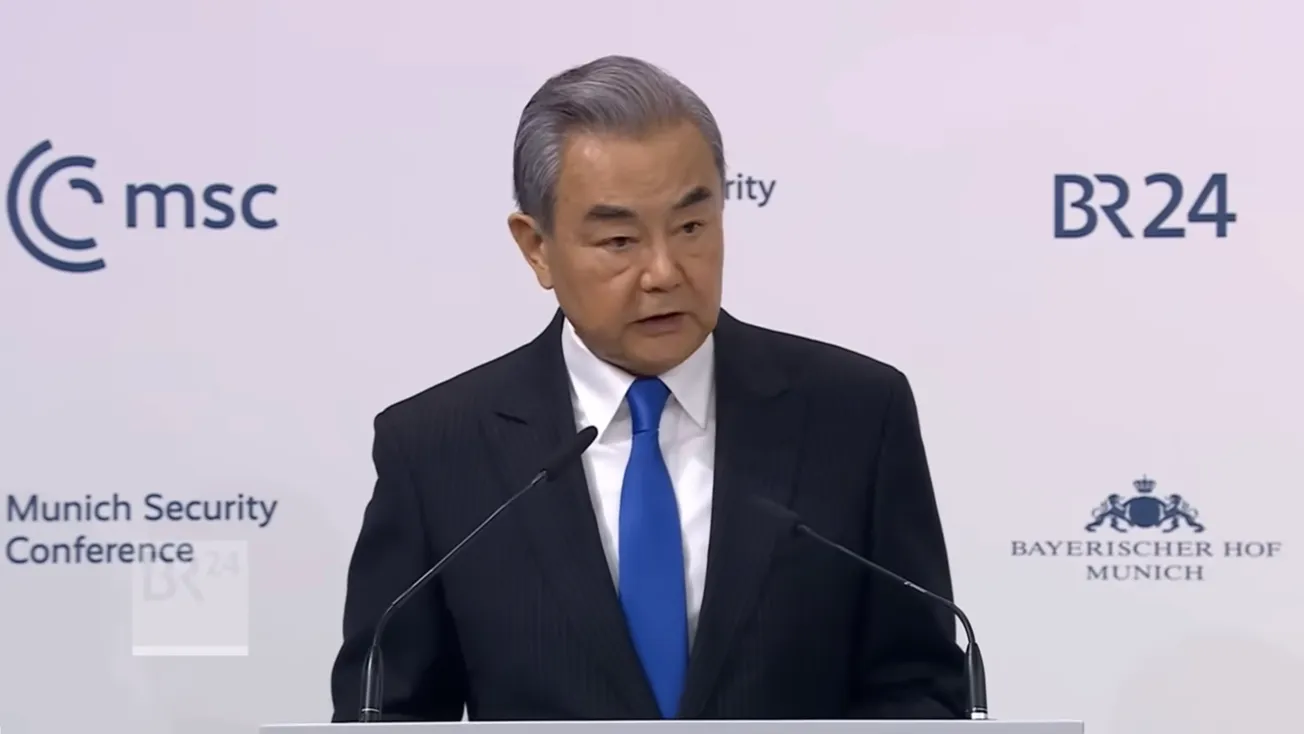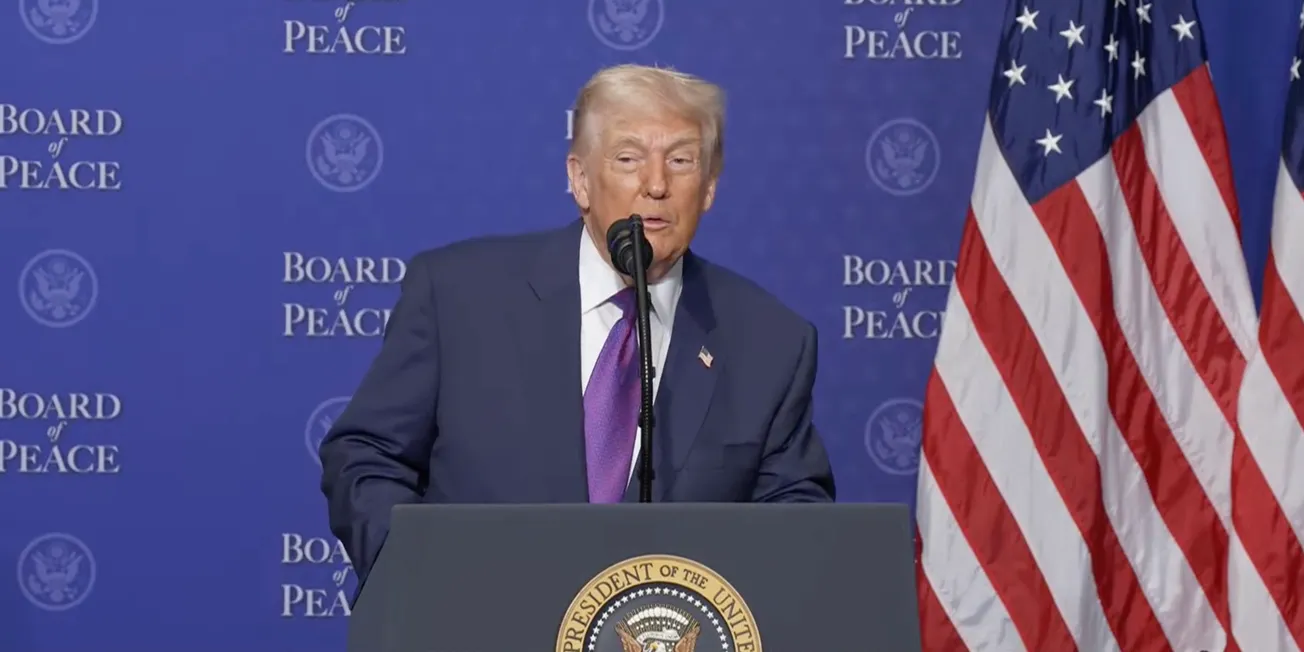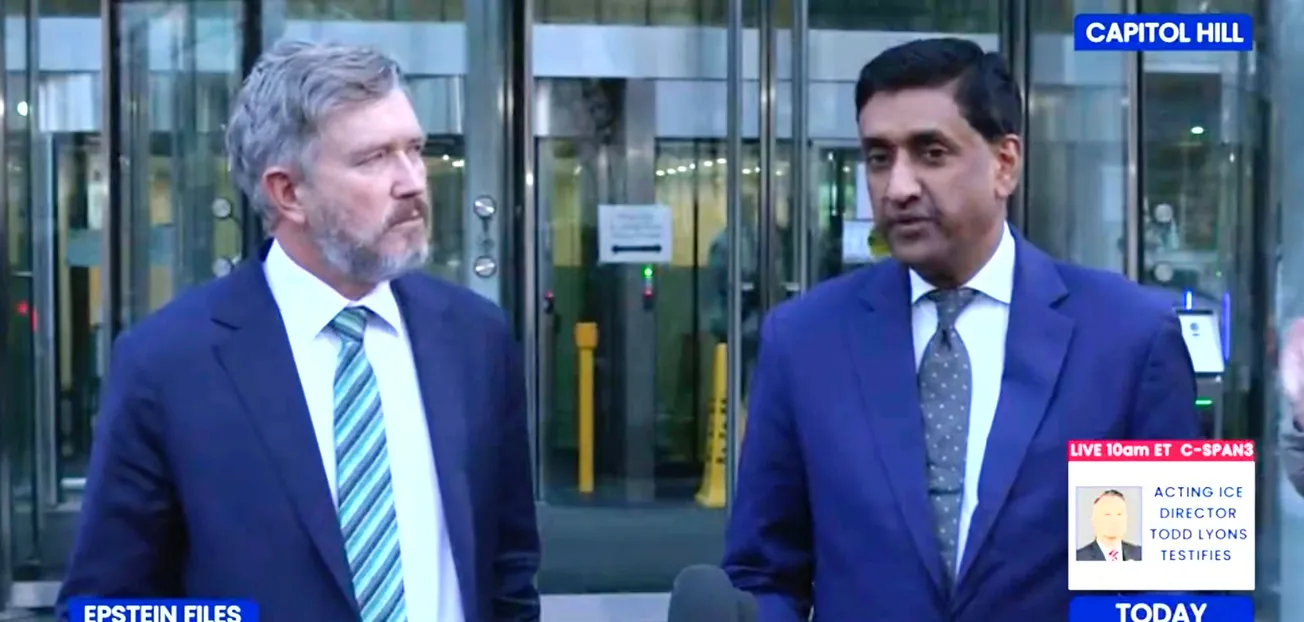On June 1 and 2, posted commentaries by Alexei Arbatov, the head of the Center for International Security of the IMEMO RAS. E. M. Primakov, and Dmitry Trenin, the scientific director of the Institute of World Military Economics and Strategy of the Higher School of Economics National Research University. The commentaries were styled as presenting opposing viewpoints on arms control, and indeed they were, with Arbatov arguing that a return to arms control was a necessity while Trenin argued that arms control is dead and there is no returning to it.
Trenin, however, also presented a plausible way out of the current crisis based on a new system for which a model already exists in the Shanghai Cooperation Organization. “In the future, not only new treaties will be needed, but also a new basis for negotiations and agreements,” he wrote. “It will be necessary to collectively develop new concepts, set new goals and objectives, and agree on the forms and methods of their implementation. ‘Greater Eurasia’—relatively speaking, the space of the Shanghai Cooperation Organization (SCO)—can become a platform for creating a new model of international security on the scale of a huge continent (or at least a large part of it).” The SCO, Trenin notes, already includes four nuclear powers, Russia, China, India and Pakistan. It also includes Iran, and Russia and China have close relations with North Korea. “There is a huge field for work, new ideas and original solutions.”





